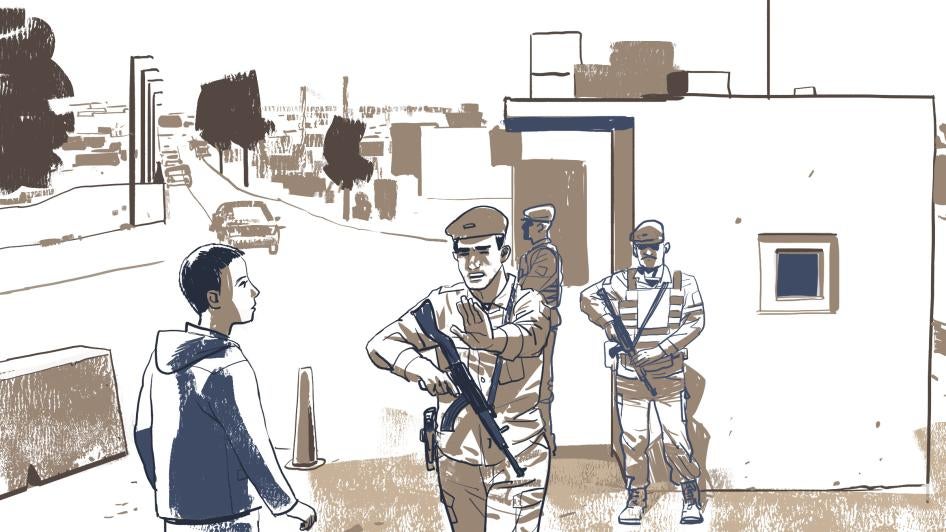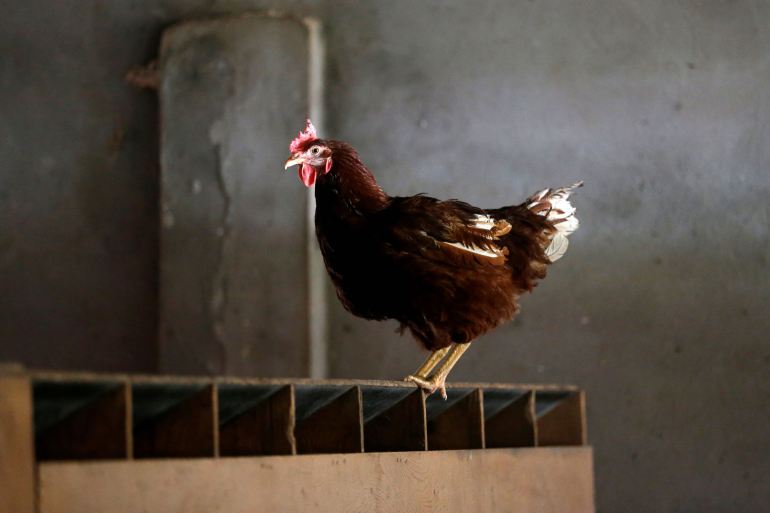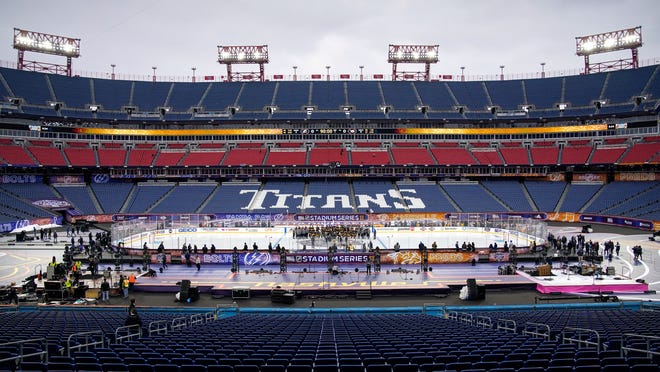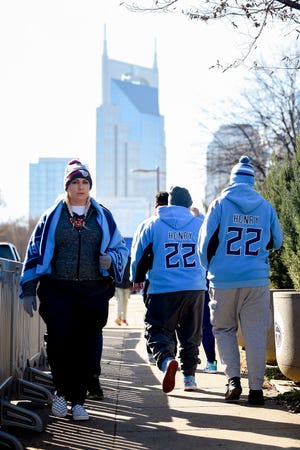WARNING THE R WORD; RECESSION
Stock Surge Is a Bear-Market Trap With Curve Inverted, BofA Warns
, Bloomberg News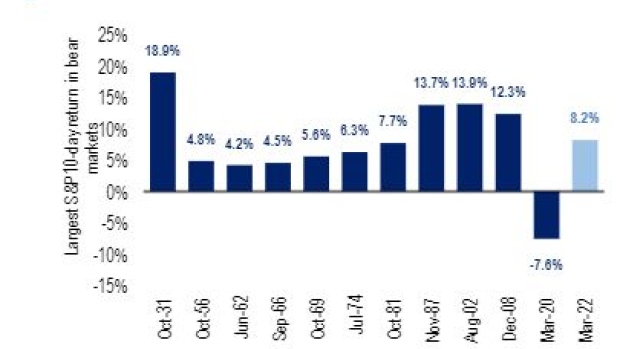
(Bloomberg) -- The 11% surge in U.S. stocks in the past two weeks has the hallmarks of a bear-market rally that might give way to deeper losses.
That’s the conclusion of analysts at Bank of America, who say warning signs are flashing for a market that has climbed “despite clearly weaker fundamentals,” including a Federal Reserve bent on raising rates sharply this year to battle persistent inflation.
The strategists caution that the selloff that took the S&P 500 12% from its January record is not over and sharp rallies are typical of volatility in bear markets, with some of the biggest on record occurring in the throes of the dot-com meltdown and the global financial crisis. A closely watched Treasury market metric flashed a recession warning Tuesday, adding to worries a restrictive Fed will damage the economy.
“The worsening macro backdrop and market-unfriendly Fed make sustained U.S. equity gains unlikely,” strategists including Gonzalo Asis and Riddhi Prasad wrote. The Fed isn’t likely to come to the market’s rescue at any point and, in fact, the central bank is welcoming of tighter financial conditions to aid its battle against inflation. “In practice, this means lower risk assets.”
For now, investors aren’t heeding any warnings. The S&P 500 jumped 1.2% Tuesday for its ninth gain in 11 sessions, even as the yield on two-year Treasuries popped above the 10-year rate for the first time since 2019.
But 10-day stretches of big gains have been common in bear markets. There were four that exceeded the 10-day rally of 10% through Monday in 11 bear markets since 1927, the BofA strategists wrote.
It’s not hard to find reasons for caution. The war in Ukraine still has commodity markets in turmoil, with fertilizer the latest product to skyrocket in price. Oil prices are still elevated, adding to inflationary pressures the Fed has promised to tamp down, even if it damages demand.
The strategists recommend investors sell out-of-the-money calls to hedge against both downturns as well as any potential short-term run-ups, which they say will be “limited.”
Bulls argue that despite the Fed’s push to slow growth, companies will still be able to deliver profit gains that justify valuations. Corporate America, in particular, is most insulated from the impact of sanctions on Russia, at the same time that bonds around the world have been in freefall.
BofA’s strategists said it would take softer inflation for stocks to be able to add to the latest gains -- something the bank’s economists don’t expect. They also warn that any easing of tensions in eastern Europe would remove a threat to growth but also give the Fed cover to hike faster.
The rates markets, for one, are exhibiting a lot more signs of stress. An increase in rates volatility over the past 10 days, as measured by the MOVE Index, relative to falling equity-markets volatility, as measured by the VIX, has been the largest since 2009 and is one of the biggest ever, BofA says. Following the 2009 episode, the S&P 500 fell 7% over the following six weeks.
Stocks registered a big pullback at the start of the year, and investors are now wondering if the market’s mired in a bear market. “We believe so,” Katerina Simonetti, senior vice president at Morgan Stanley Private Wealth Management, said in a Bloomberg Radio interview.
“We believe that yes, in fact, this is a bear market, we have been in a bear market for quite some time,” she said. Her team came into the year worried about valuations, Fed tightening, inflation and a growth slowdown, and the war in Ukraine worsens many of those concerns.
“Now, this is not to say that there are no pockets of opportunity in this market, there absolutely are, and investors should be in position to take advantage of them,” Simonetti said. “But they are bear market rallies and they have to be seen as such.”
©2022 Bloomberg L.P.
The flat US yield curve doesn’t forecast
recession
Today’s short-term interest rates, higher than long-term,
mean investors see future inflation as much lower
MARCH 29, 2022
No, the inversion of the US yield curve between 5- and 30-year maturities doesn’t forecast a recession, contrary to what every financial publication in the English language has been saying.
Yes, the yield curve inverted before the 2008 recession. This time is different. The difference is obvious if we separate the yield curve into “real” yields and inflation expectations.
Treasury Inflation Protected Securities, or TIPS, protect investors against inflation (or at least against increases in the Consumer Price Index, the US government’s flawed measure of inflation), by boosting the payout of principal by the increase in the CPI over the maturity of the note. The difference between the 10-year Treasury yield of 2.46% and the 10-year TIPS yield of negative 0.52%, or about 3%, is the inflation rate at which an investor in TIPS and an investor in ordinary coupon Treasuries will break even. It’s called the “breakeven inflation rate.”
An inverted yield curve (short-term interest rates are higher than long-term interest rates) is supposed to mean that investors expect lower economic activity in the future and hence lower interest rates. That’s what it meant back in 2007.
Today, it means that investors think that inflation will be much lower in the future than it is now. The breakeven inflation slope is sharply negative. Meanwhile, the real yield curve is positive. That’s the opposite of what we saw in 2007.

That doesn’t exclude the possibility of a recession, to be sure. Consumers might balk at higher prices and stop spending, and the Fed’s gradual squeeze on interest rates might pop the US housing bubble. There are some signs of squishiness in consumer spending. The widely followed University of Michigan Consumer Confidence Index has fallen almost to the 2008 recession lows.

But that has nothing to do with the yield curve viewed properly, that is, as two curves – a real interest rate curve and an inflation-expectations curve.




